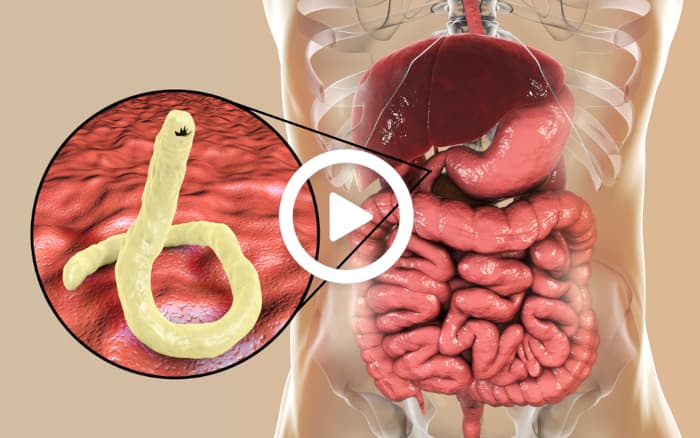Unveiling Brain Fog: #breakfast Choices That Clear Your Mind! 🧠 #nutrition
For years, brain fog has been a puzzling phenomenon. Recent scientific endeavors, however, are providing new insights into what causes this cognitive cloudiness. A particularly interesting topic of investigation relates to dietary choices, especially those concerning breakfast.
A breakthrough study titled
Effects of Differences in Postprandial Glycemia on Cognitive Functions in Healthy Middle-Aged Subjects
The findings underline the role of glucose management. Consuming a breakfast that provokes a significant glucose spike can impair memory and attention. Conversely, breakfasts that help maintain steady glucose levels improve cognitive test performances.
"What we eat in the morning impacts our cognitive performance," researchers noted, emphasizing the need for intentional dietary choices.
- High glucose spike breakfasts lead to poor cognitive performance.
- Balanced glucose levels enhance memory and attention.
Thus, understanding and controlling breakfast-induced glucose levels could be a key strategy in preventing brain fog. These insights pave the way for personalized dietary guidelines aimed at optimizing cognitive health and performance.
From Around The Web
Wellness Inbox is a blog & weekly newsletter that curates trending news and products related to health and wellness from around the web. We also gather content from various sources, including leading health professionals, and deliver it directly to you.
Please note that we may receive compensation if you purchase any products featured in our newsletter. Wellness Inbox is not affiliated with, nor does it endorse, any health professionals whose content may appear in our newsletter. The information provided is for general informational purposes only and should not be considered medical advice.
The information provided is not intended to replace professional medical advice, diagnosis, or treatment. All content, including text, graphics, images, and information available is for general informational purposes only. We do not guarantee the accuracy or completeness of any information presented and assume no liability for any errors or omissions. The content is subject to change without notice. We encourage you to verify any information with other reliable sources and consult your physician regarding any medical conditions or treatments.







